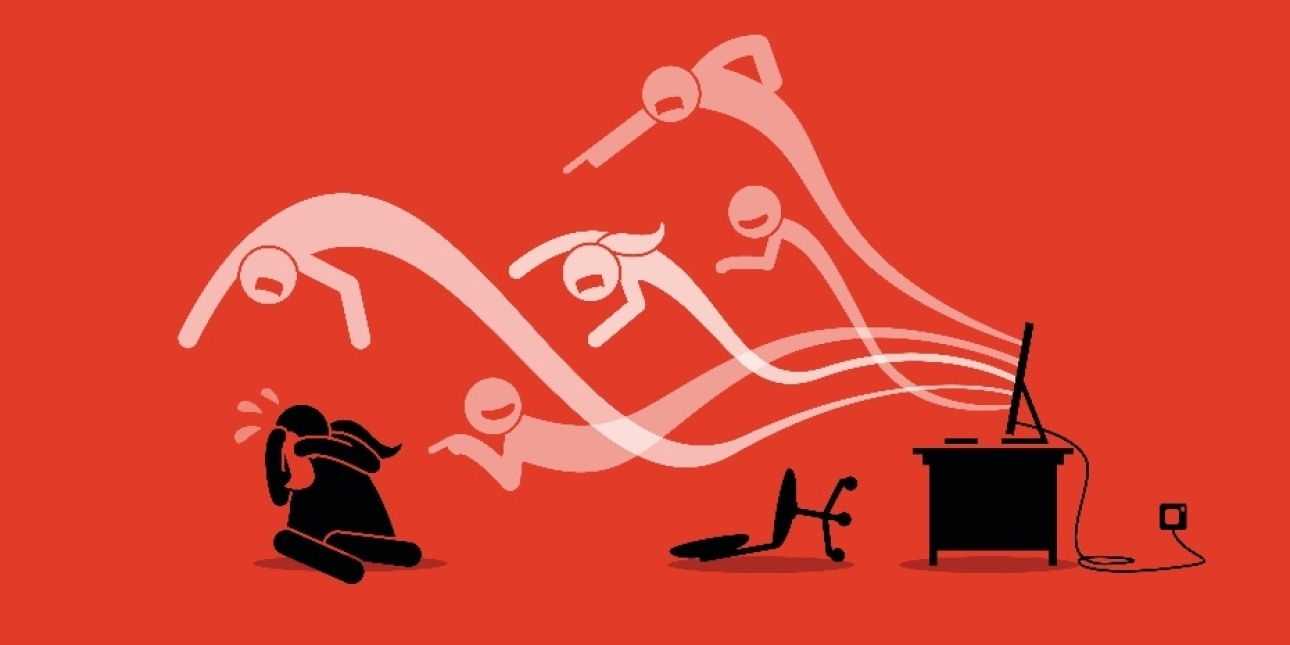PUBLIC RELATIONS
Thursday 29th July 2021
Whose responsibility is it to police social media?
Social media can be a creative, empowering, supportive community that brings people together and encourages them to reach new heights. However, as with any social forum, there is also the potential for harm.
After a narrow loss in the Euro 2020 final, England footballers faced a torrent of racist abuse online. Some even received death threats on the very same platforms that many of us use every day. Much of the worst abuse was hurled from the relative safety of anonymous profiles, making it hard for authorities to act on.
Influencers and others in the public eye are no strangers to online abuse – but I’m sure you’ll agree that facing regular harassment is not a reasonable expectation for anyone, in any job.
Social media platforms are leading the charge against online hate. While there is a long way still to go, progress is extremely positive. Instagram has introduced anti-bullying features, including automatically hiding comments that seem like bullying and sending warnings to users whose comments are repeatedly reported as toxic.
More recently, Adam Mosseri announced Instagram would be testing a new feature called “Limits,” which would give users the ability to temporary lock down their accounts when they’re being harassed.
In Q1 of this year, Instagram says that it acted on 5.5 million pieces of hate speech on the platform – including DMs. Impressively, the platform automatically removes 95 percent of hate speech before human users even reported it.
However, as recent events have made painfully clear, the system still falls short. all too many comments still slip through the cracks – not only on Instagram but all social platforms.
There is also a role for government to play. Parliament has recently launched an inquiry into influencer culture, and they will hear evidence on online abuse and a range of other issues.
One proposed solution to the online hate issue is ID verification – removing or limiting the ability to post anonymously. This would likely cut down on the problem, as while some individuals may still be happy to post hateful comments, many would not be willing to lob abuse from their public profile.
On the other hand, ID verification has significant potential downsides. Some people benefit from anonymity when it comes to talking about politics or their sexuality. While it may be less of an issue in the UK, oppressive regimes would leap on the opportunity to link online dissidents with their real-world identities. There are also questions about holding and storing identity data securely. It’s a complex issue, but I trust that a reasonable solution can be reached.
The final piece of the puzzle is brands that work alongside influencers. They must be authentic and consistent in the issues they align themselves with and stand by their influencers if they come under fire. A good example of this in practice was SportBible, owned by LadBible, taking a strong stand and supporting Bukayo Saka, Jadon Sancho, and Marcus Rashford following the Euros. SportBible paid for a billboard featuring the three with the words: "never apologise for who you are".
Unfortunately, as the recent football issue has highlighted, more needs to be done to protect people online. Those in the public eye – from fashion bloggers to footballers – are often the highest-profile targets for online abuse, but we must not forget about ordinary people from marginalised groups who also face hateful behaviour.
We must continue to push for the government, social media platforms and brands to do more – I think making social media a more positive, inclusive place is a goal we can all get behind.
